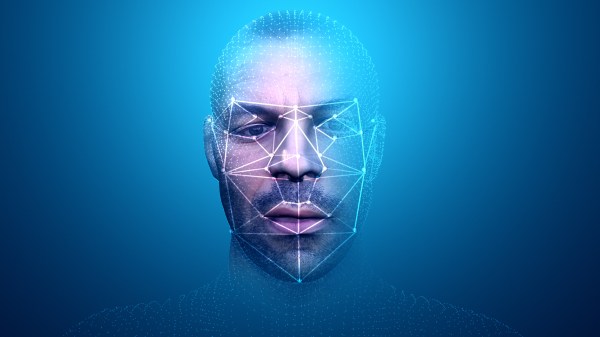Montana lawmakers mull limiting use of facial recognition

Montana state lawmakers this week discussed the possibility of the rural state following the lead of communities like King County, Washington, and San Francisco, which have in recent years issued outright bans on facial recognition technology.
The state legislature’s Economic Affairs Interim Committee on Tuesday continued a months-long discussion about how facial recognition technology, which has grown increasingly scrutinized in recent years, should be regulated. One draft bill would prohibit all state and local government agencies throughout Montana from using facial recognition systems, allowing for some exceptions, such as investigations of certain high-level offenses and missing-persons searches.
The legislation would also require facial recognition vendors to routinely destroy the data they collect, though it would leave intact some of the state’s existing arrangements. The Montana Department of Justice, Department of Corrections and Department of Labor and Industry would be allowed exemptions for their current facial-recognition contracts.
The state’s Motor Vehicle Division uses technology from Idemia to monitor for identity theft among driver’s license applicants, and Montana’s labor department is among those using ID.me to limit unemployment insurance fraud. Privacy advocates have taken aim at ID.me in recent months, prompting some government agencies to review their use of the company’s technology. The IRS announced in February it would stop using ID.me, though an agency spokesperson told StateScoop this week that it hasn’t yet decommissioned the platform.
Massachusetts’ unemployment agency in February dropped its use of ID.me’s facial recognition service for identity verification, but continued using other features. More than two dozen other states also use ID.me for identity verification.
Questions surrounding the ethics of facial-recognition technology continue to grip state and local governments nationwide. New Orleans Mayor LaToya Cantrell earlier this year pushed to reverse a 2020 ban, arguing that it’s needed by the city’s police department.
Some Montana lawmakers, such as Democratic Rep. Katie Sullivan, said they want to strike a balance between assisting law enforcement and respecting personal privacy. Sullivan, who last year sponsored a study of facial-recognition technology, said this latest proposal is “straddling the fence” between privacy and criminal justice.
Others are less sure.
“Are we willing to give up our freedom for that safety, for the state of Montana?” said Rep. Mark Noland, a Republican, KTVH reported. “I want the state of Montana to be different than the rest of the states. We don’t need this.”
Montana legislators have spent the past several months talking with industry experts about the technology. A representative for Clearview AI, which operates one of the world’s largest facial-recognition databases, said that while the company doesn’t currently operate in Montana, it will be following the state legislature’s moves. Sullivan and her colleagues are planning to make their final recommendations to the full state legislature next year.
Correction, 6/16/22: This story was updated to reflect that the IRS is still using ID.me.






